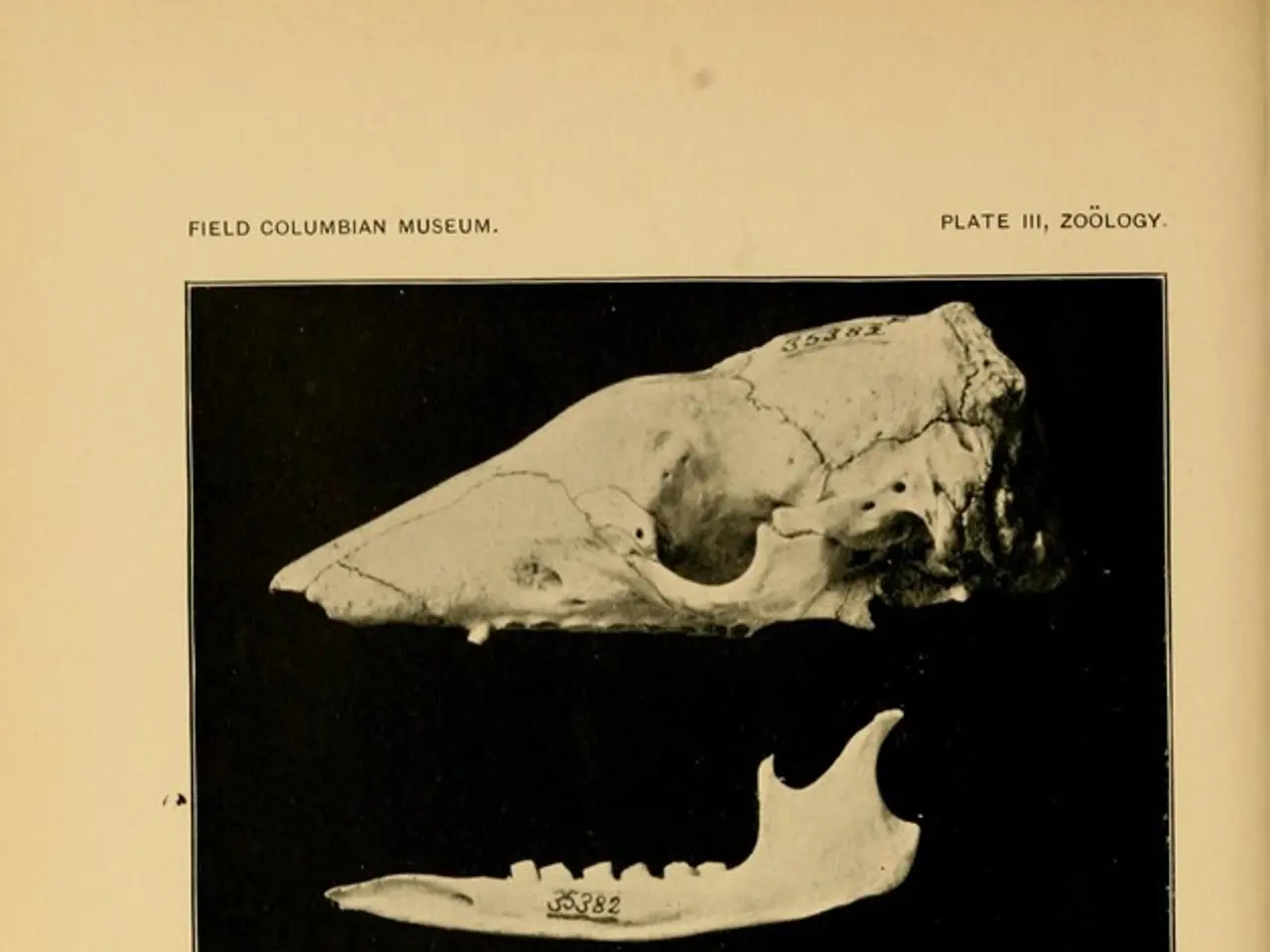Essential Knowledge Points about Huntington's Disease
Huntington's Disease: Understanding a Genetic Disorder
Huntington's disease (HD) is a lesser-known but significant neurodegenerative disorder that affects people of all ages, including young adolescents. The Huntington's Disease Society of America (HDSA) has committed more than $18 million to research, aiming to find an effective treatment for this debilitating condition.
HD is a genetic disorder caused by a faulty gene leading to abnormal huntingtin protein production, resulting in progressive nerve cell death. This genetic mutation impacts not only the brain but also muscle function, contributing to motor symptoms like involuntary movements and rigidity. Moreover, HD is characterized by mood and behavioral changes arising from nerve cell death in the striatum and cerebral cortex.
Unlike Alzheimer's disease (AD), HD features prominent motor symptoms, while AD's hallmark is cognitive decline. HD predominantly affects people of European descent and can manifest in a juvenile form starting in childhood or adolescence. In contrast, AD usually develops in late adulthood.
| Aspect | Huntington’s Disease | Alzheimer’s Disease | |----------------------|-----------------------------------------|-------------------------------------| | Cause | Genetic mutation producing mutant huntingtin protein[1] | Protein abnormalities (amyloid, tau) | | Symptoms | Movement disorders, mood/behavior changes, cognitive decline in later stages[1][5] | Memory impairment, cognitive decline, behavioral changes | | Onset | Typically mid-adulthood; juvenile form possible[1] | Usually late adulthood | | Diagnosis approach | Genetic testing, clinical evaluation of motor and cognitive signs[2] | Clinical dementia evaluation, imaging, biomarkers | | Prevalence | 3-7 per 100,000 in European ancestry; less common in others[1] | More common worldwide, especially elderly populations |
Common misconceptions conflating HD and AD include the assumption that both diseases present similarly or that all dementia symptoms are Alzheimer's-related, overlooking the genetic and motor components specific to Huntington’s disease.
The HDSA is a nonprofit organization that conducts research and provides help to people suffering from HD. They offer assistance in the form of healthcare, employment opportunities, and donation acceptance for families affected by HD. Nursing homes also provide recreational facilities for HD patients to help them stay active and engaged, even with speech impairments or physical disabilities.
It is crucial to note that HD can cause changes in a person's sexual behavior, including loss of interest or increased sexual drive. Some HD patients have been reported to engage in indecent sexual behavior. Good nutrition can help HD patients to cope and fight with the disease, but it does not cure the disease.
Two famous musicians, Woody Guthrie and Sophie Daumier, lost their lives to HD, highlighting the importance of continued research and support for those affected by this rare but impactful disorder. The Alzheimer's lab has noticed recent interesting facts in the world of HD research, and readers may also be interested in learning about treatment options for the disease.
The genetic disorder Huntington's disease (HD) can lead to dementia, as it features mood and behavioral changes, but it is primarily known for its motor symptoms like involuntary movements and rigidity. Unlike Alzheimer's disease (AD), HD is not solely linked to cognitive decline but also has a genetic cause, producing a mutant huntingtin protein.
In the realm of health-and-wellness, good nutrition plays a crucial role in helping HD patients cope with the disease, although it does not serve as a cure. Additionally, music therapy might be beneficial in engaging HD patients, as demonstrated by the lives of musicians like Woody Guthrie and Sophie Daumier who were affected by this neurological disorder.
Research on HD has the potential to uncover insights not only for the medical-conditions related to HD but also for other neurological disorders, given the interconnectedness of the brain's functions. Fitness-and-exercise, recreational activities, and employment opportunities are some measures that can help HD patients maintain an active life and improve their overall wellbeing.
The science behind HD continues to evolve, with advocacy organizations like the HDSA funding research and providing support for people living with HD. Understanding and addressing misconceptions about HD is essential to raising awareness and ensuring proper healthcare for those affected by this disease.




